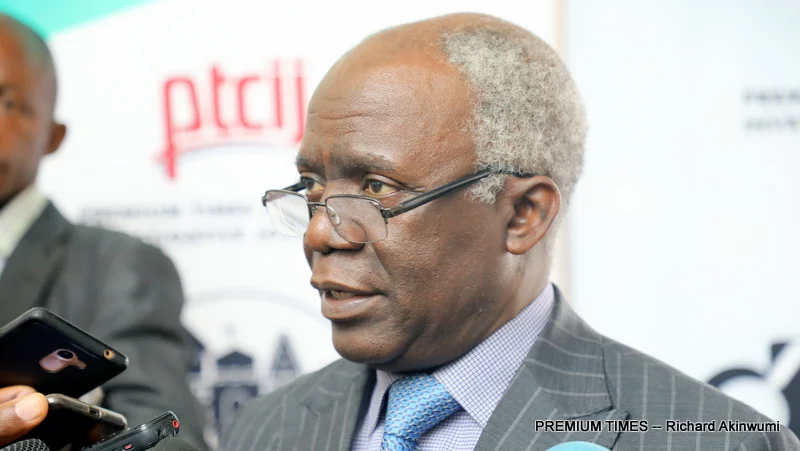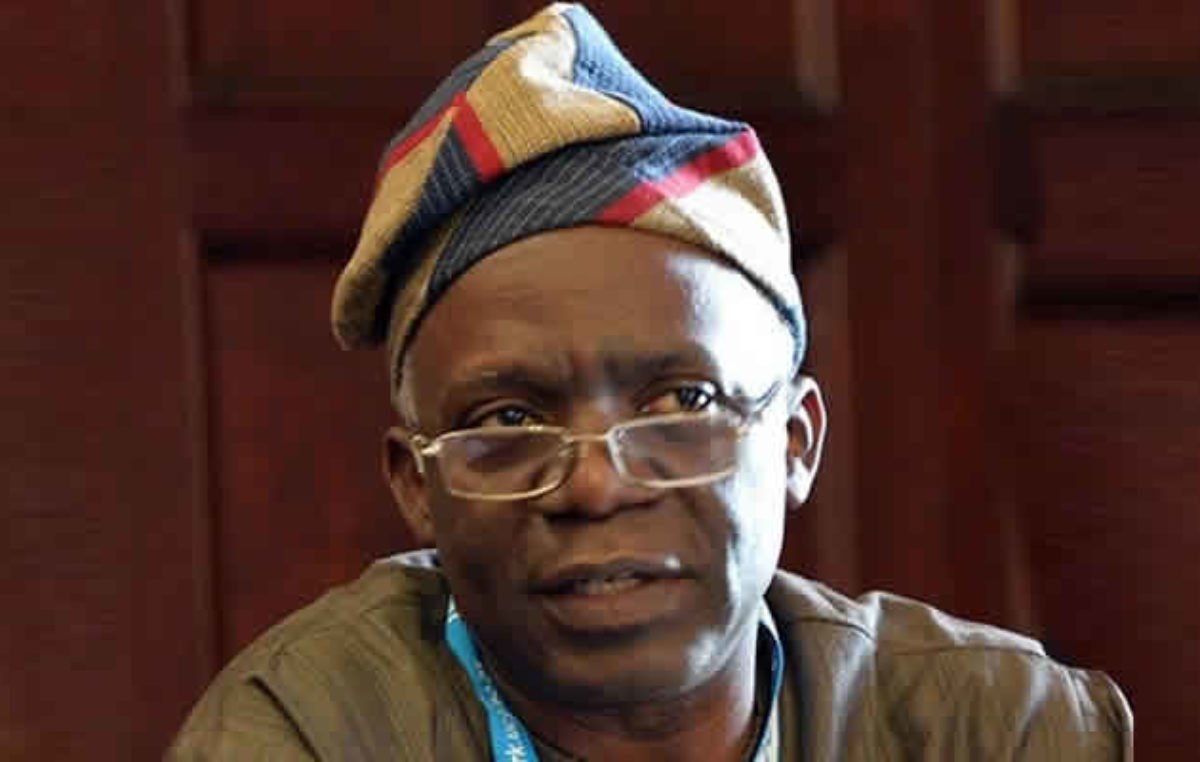Amid the recent criticisms by human rights activist, Femi Falana, SAN, regarding the decision of the Federal Government to build houses for Justices and Judges, Lere Olayinka, an aide to the FCT Minister, has defended the government’s action, saying separation of powers is not absolute.
Olayinka said the position of Falana that the construction of houses for judges and justices by the FCT Administration was unconstitutional and an embarrassment to the judiciary was patently wrong and a mere display of emotions and sentiments against the FCT Minister, Nyesom Wike.
In a statement in Abuja on Friday, Olayinka insisted that there was nothing wrong with the Federal Government providing accommodations for judges as well as officials of other arms of government.
According to him, even though there is separation of powers in a democracy, there is also what is known as checks and balances, meaning that there can be no absolute separation of powers among the three arms of government.
The minister’s aide said Falana was wrong, adding that there is nowhere in the world where one arm of government is completely independent of the others.
DAILY POST recalls that the Federal Executive Council, FEC, had in September approved the construction of 40 housing units for judges and justices in the FCT.
Out of the 40 units being constructed in the Katampe District, 20 will be allocated to the FCT High Court, 10 to the Federal High Court, and 10 to the Court of Appeal.
Since then, there have been pockets of criticism against the construction of the houses, the latest coming from Falana, who insinuated that such action was capable of influencing the judges by saying that “you cannot be seen to be giving cars or houses to judges who are going to determine your cases.”
“Wouldn’t there still be a need for land from the FCT Ministry if the houses were to be built by the judiciary? And if it is about exercising influence over the judiciary, is the allocation of lands not enough?
“Also, the money to build the houses will still have to be appropriated by the National Assembly, populated by politicians who also have cases before judges. Should we also say that bringing the budget of the judiciary to the National or State House of Assembly for passage will influence judges if cases involving the lawmakers are brought before them?
“Police and other security agencies provide security for judges and they do have court cases too, is Uncle Femi Falana also saying that the security agencies will influence the judges,” Olayinka asked.
Houses for Judges: Wike’s aide counters Falana



